Me: I need help setting up reminders on the phone.
Meghan: You don’t know how to set up reminders??
Me: It’s not very intuitive.
Meghan: How do you get by in life without reminders?
Me: Like dis …

Me: I need help setting up reminders on the phone.
Meghan: You don’t know how to set up reminders??
Me: It’s not very intuitive.
Meghan: How do you get by in life without reminders?
Me: Like dis …

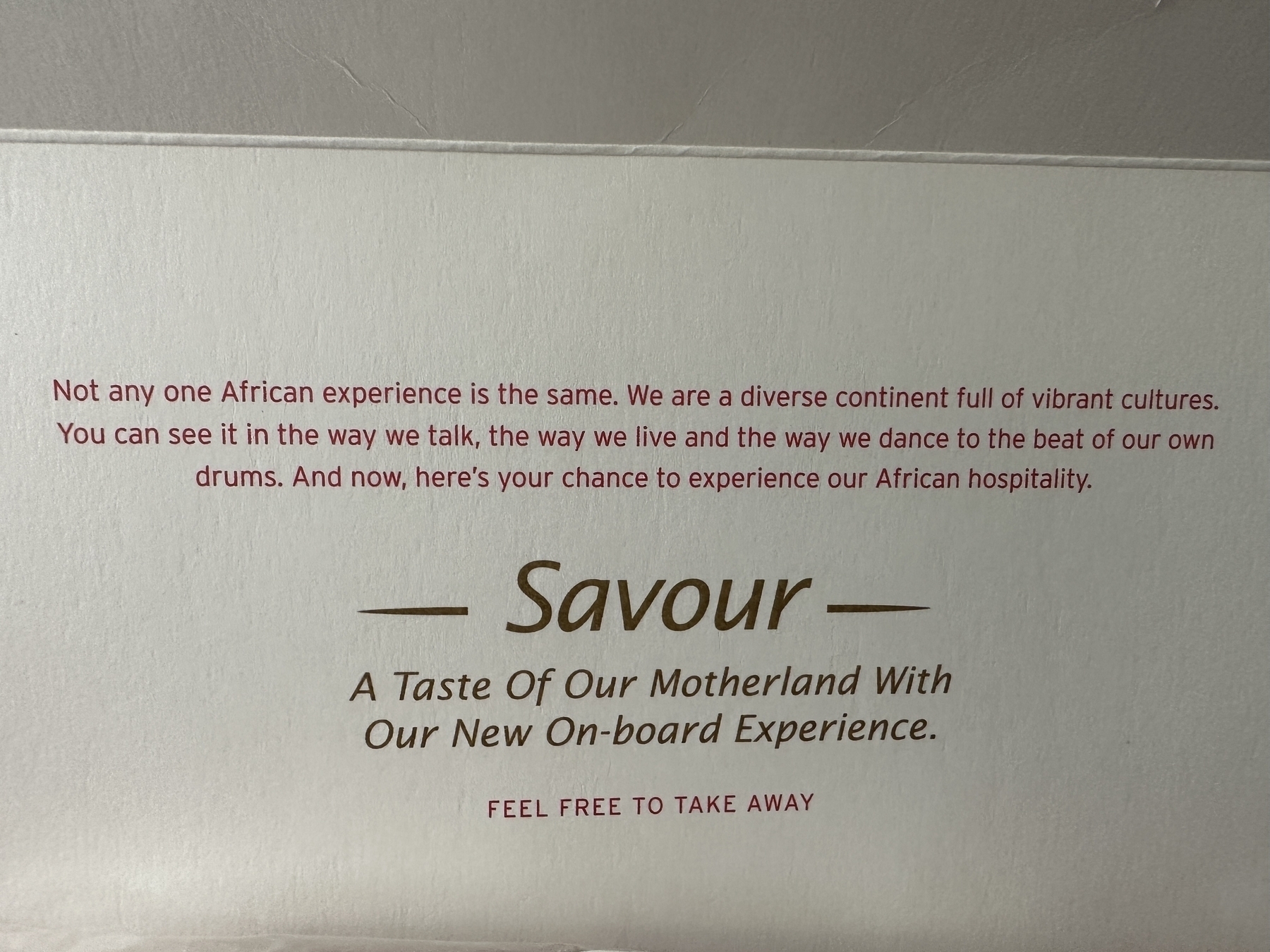
… clack-clack, and something that never was before comes into being …
F. Buechner
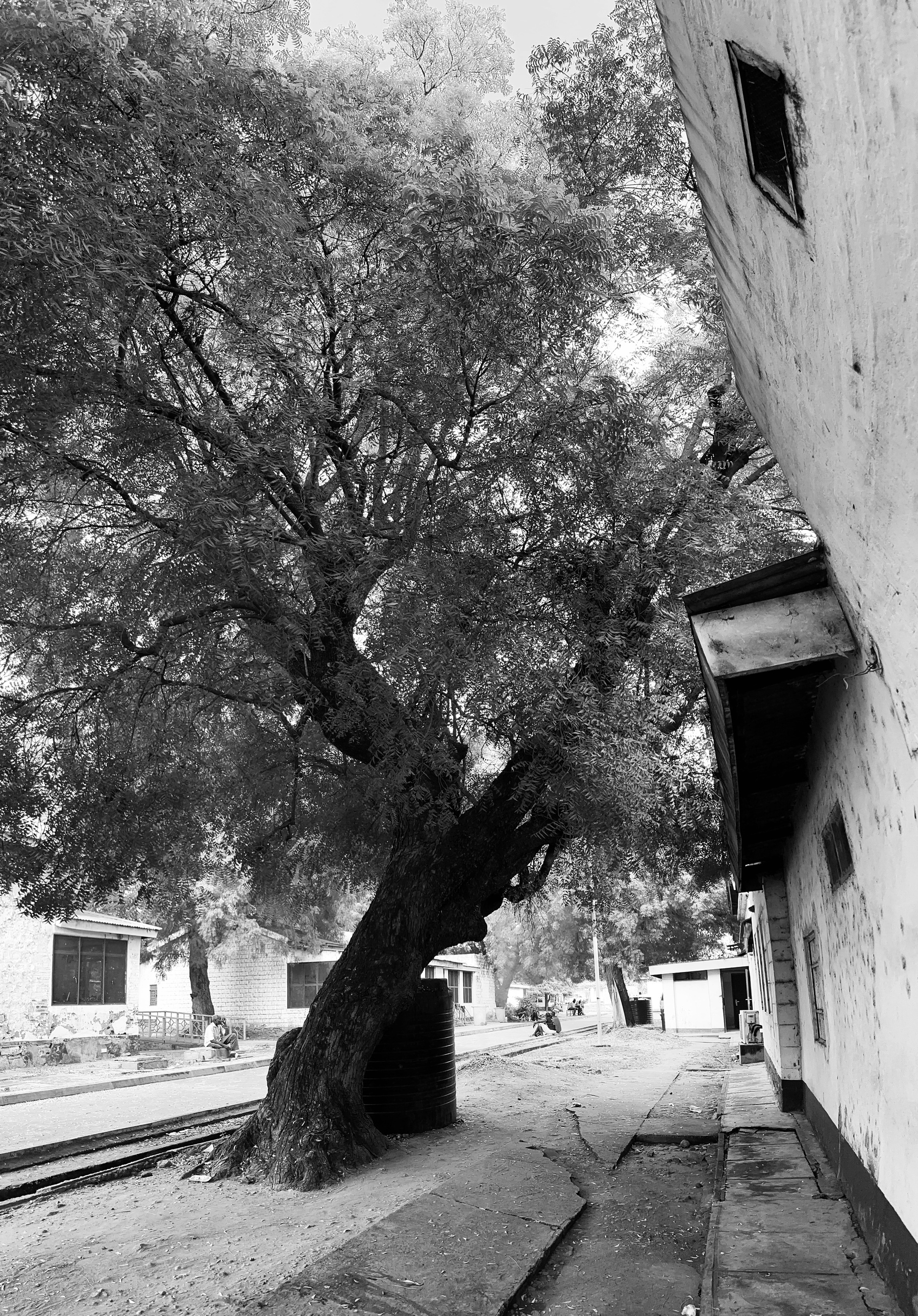
View of the White Nile out the window of the DC-3
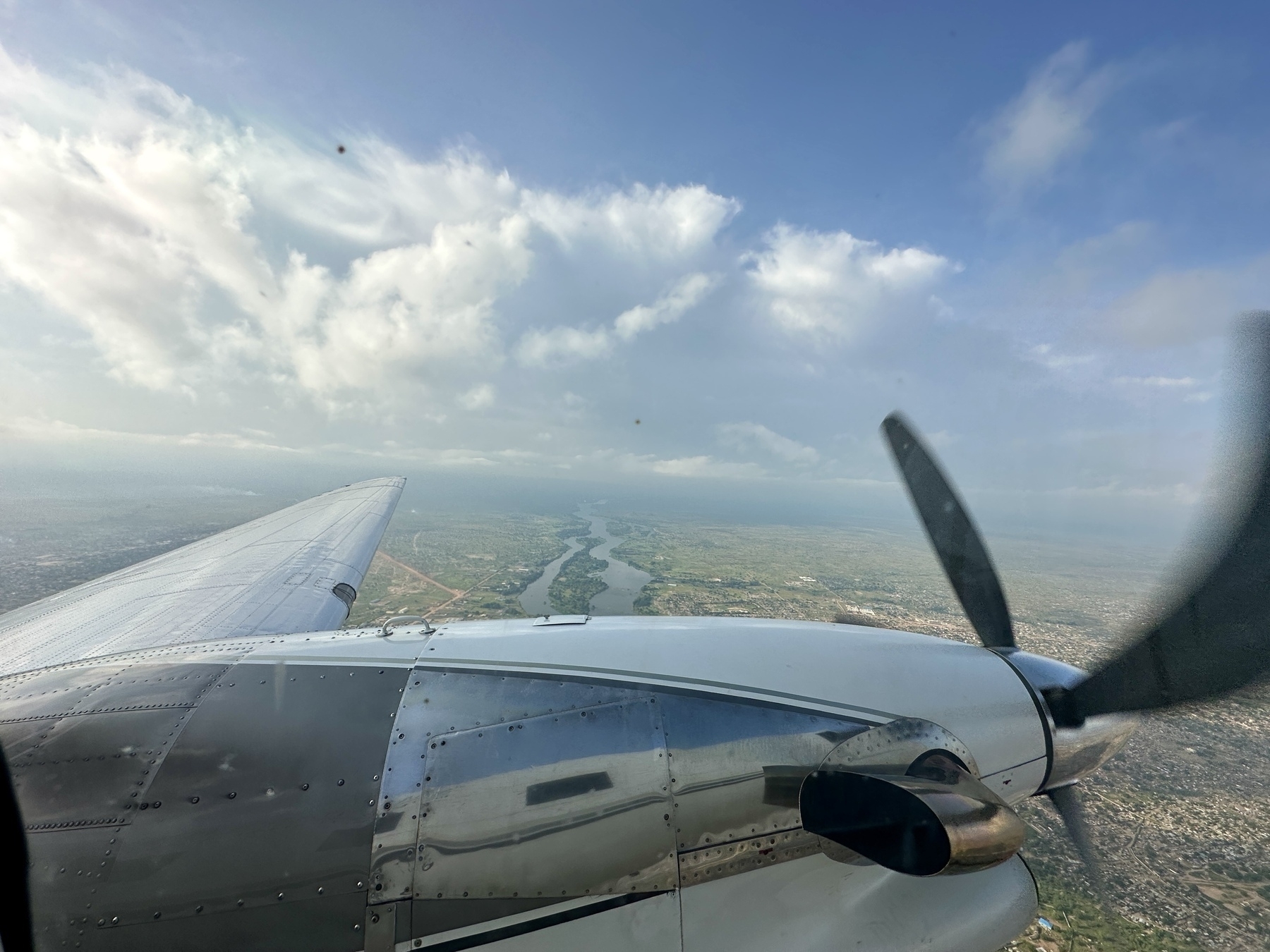
A Three for a taxi • From yesterday’s ride-along in the 1945 Douglas DC-3 to pick up patients in Yambio. As an occasional passenger and frequent admirer, I can only confirm what each pilot has told me: This might be the best aircraft ever made. Never turn down a chance to fly in the Gooney Bird

Walking with
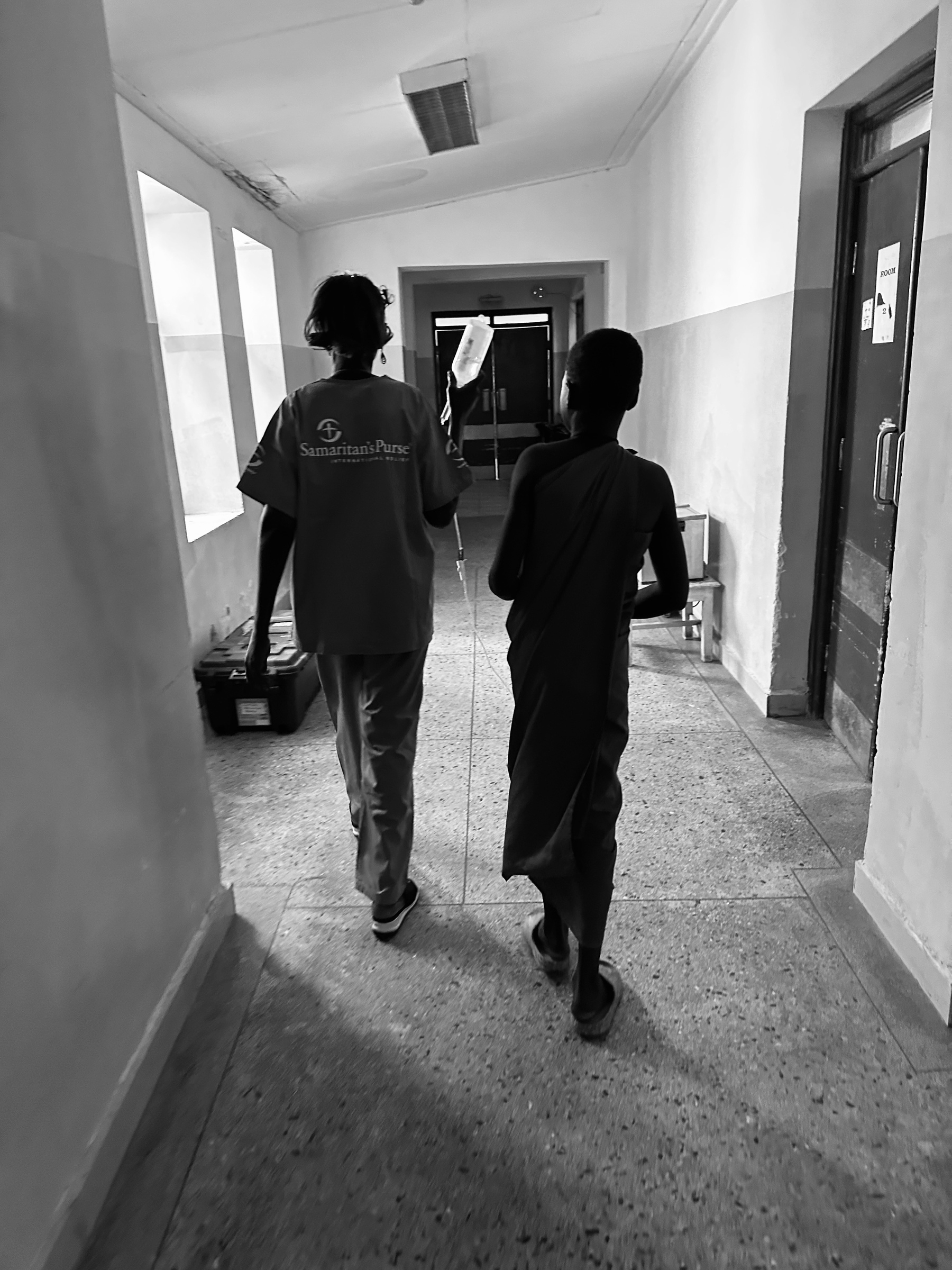
OSHA-certified signage • These little M7s have pulled their weight. There’s four of them that have sterilized the instruments for over 1200 cleft lip repairs in South Sudan alone.

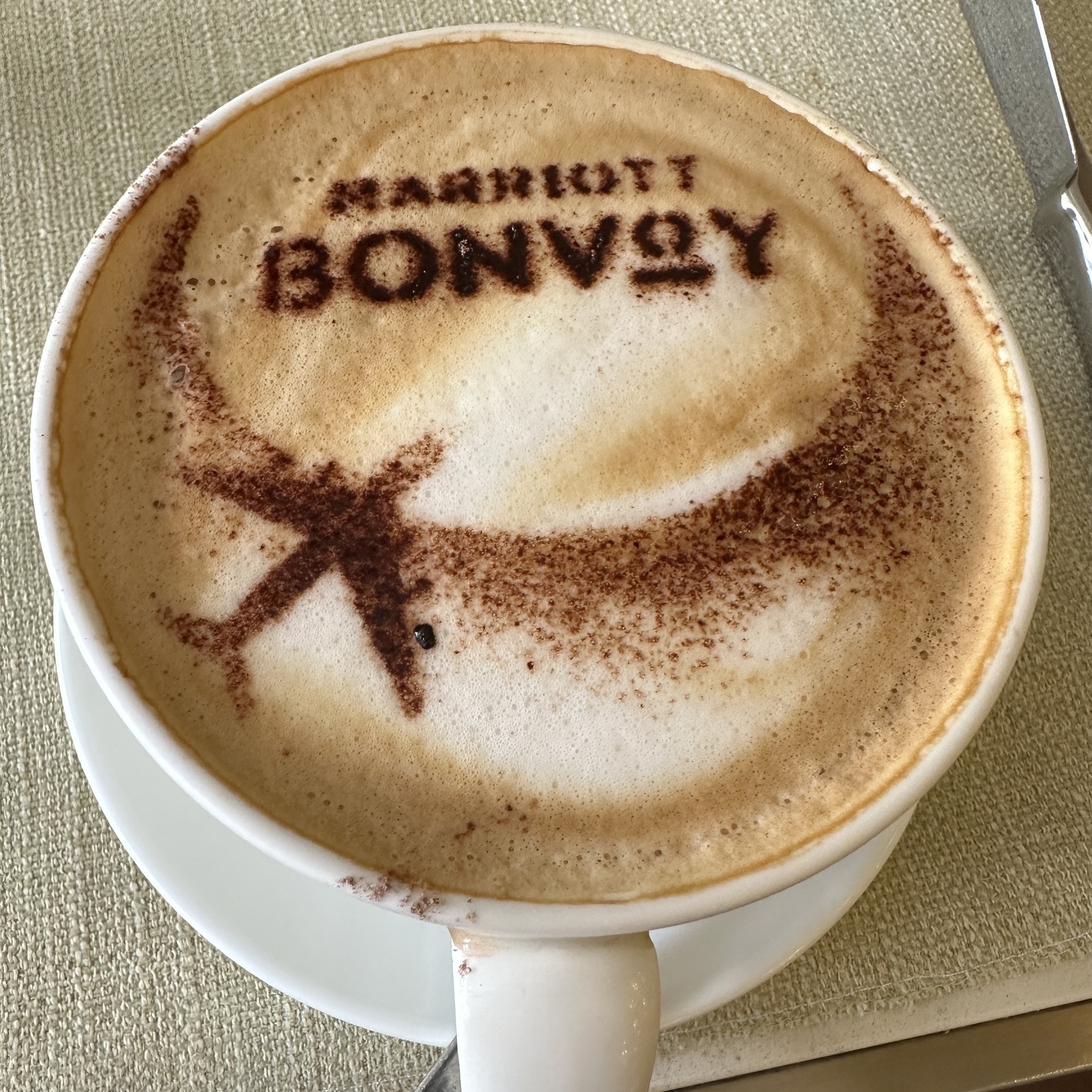
Nashville is taller than I remembered her
